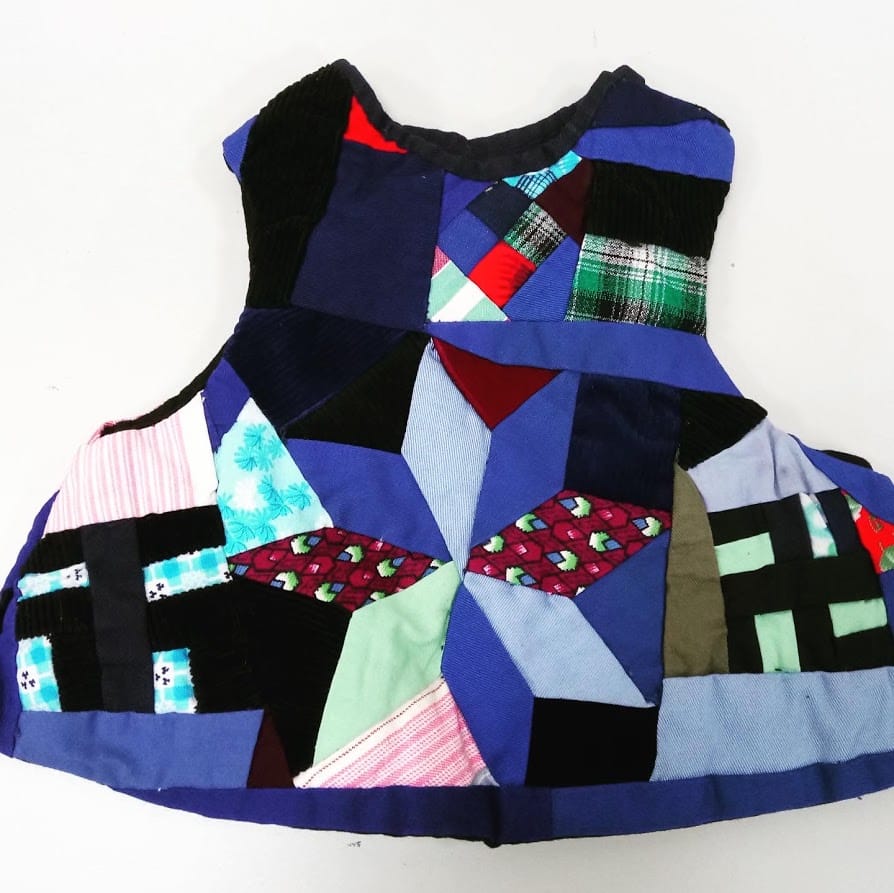What female killer whales teach me about being a 48 year-old woman

I was very fortunate to enjoy all three of my pregnancies. Growing children inside my body introduced me to the science and poetry of womanhood. I was fascinated by the physicality of the process: on the inside, the embryo having to claw to my uterine wall, the umbilical tether that telephoned the fetus to me; on the outside, the plumping and swelling of my body parts, the linea negra that appeared towards the end of pregnancy, like a painted, prophetic line that pointed to the imminent future. This was in stark contrast to the experience of puberty, which was more a disorientation that often felt like a betrayal. Instead, because my pregnancies were, for the most part, without challenge, I was afforded space to commune with the physical, emotional, and psychic changes that were occurring. I could be both observer and participant.
For the first time, I felt truly in awe of the female body - its cycles and rhythms and synchronization with lunar tidal pulls; its mechanisms and engines that ignite creativity. The familiar story of young girls growing up feeling shame and confusion around menstruation is one that I lived, and while I wish I didn't have such a belated understanding of the female body - of my female body - what I don't bemoan or take for granted is how positive this relationship has become. Which is why, when I experienced my first hot flash about a year ago, I felt excitement, not dread.
Most female mammals reproduce throughout their lives and die shortly after they stop bearing children. Humans are one of the few exceptions. At the cessation of menstruation - menopause - women continue to live for several years. Perimenopause, the process of this transition - which includes oft-discussed and disparaged symptoms such as hot flashes, insomnia, depression, inexplicable rage - is the portal through which women must step in order to officially begin their post-reproductive years. There is a common idea that being post-reproductive marks the beginning of the end for women - the notion that they are no longer useful, no longer feminine, in a sense, because they can no longer bear children - another reason why most women dread perimenopause.
As far as we know, the only other female mammals that experience menopause are chimpanzees and a few species of toothed whales - including the killer whale. In her book, Flash Count Diary: Menopause and the Vindication of Natural Life, Darcey Steinke references a scientific paper that studies how,
like human women, Southern Resident killer whales go through menopause and then have long post-reproductive life. The older females not only live thirty to fifty years after menopause but they also lead their pods - complex cohesive family groups - particularly in times when salmon, their main food source, is scarce. Elder females have a plethora of ecological information and all whales, even younger males, choose to follow the post-reproductive females.
Female killer whales have inspired me to completely reframe perimenopause. I choose to see it like the boss level in a video game - the ringer women experience and endure before we emerge on the other side, embodied with more experiential and cellular wisdom to continue leading our pods, in a way that is - I imagine - at the pinnacle of our femininity because it is when we fully become ourselves.
